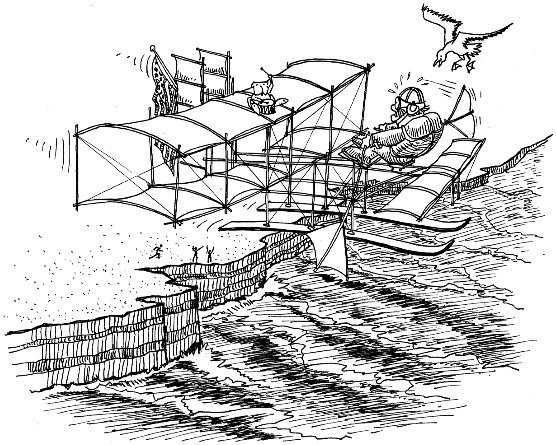This is what Eve Mozur, one of the teachers in the Teaching with Heart program, wrote in her intention for how she wants to show up in the classroom. Do you recognize the experience that you drive somewhere, and after you arrive at your destination you realize that you have crossed a dangerous intersection and have no recollection of navigating that intersection? In such a situation we are on autopilot in the sense that we act without being aware of what we do. The same can happen while teaching a class or in a conversation with somebody else. When we are on autopilot, we act from reflexes that have been shaped by experience.

(Figure from Janwillem Snieder.)
But are we on our best when on autopilot? Are we fully attuned, awake, and aware? When on autopilot we may act impulsively and get carried away by emotions. We may be complacent or distracted, as the pilots who overflew their destination airport. On autopilot life slips by without us being in the moment.
It is focus on the moment where being on autopilot differs from the being in the flow. In the flow we are completely focused on what we are doing because we thoroughly enjoy it or because it is deeply meaningful, and as a result we forget about ourselves. By contrast, while on autopilot, our mind dwells on other things than the activity that we engage in. Flow relies on focus; autopilot fosters distraction.
There is time and place for relying on routine and being on autopilot. But are you aware what makes you engage your autopilot? Is it distraction, boredom, routine, or a sense of being rushed? Are there activities or people that make you engage your autopilot? It may be worthwhile to explore in what situations you go on autopilot, and whether it is appropriate to do so. Conversely, you can ask how can you disengage the autopilot for activities that benefit from your full attention? To disengage the autopilot, you may have to release engrained habits, for example the habit of letting distractions clutter your mind. Or it may be that most of your days are filled with activities that you dislike and don’t really want to focus on. Reflecting on what makes you engage the autopilot can be revealing, perhaps even embarrassing, but this reflection may help a healthy disengagement of your autopilot. Switching off your autopilot not only serves yourself. People have impressive emotional antennae; they sense immediately whether you are giving them your full attention and they will appreciate you for switching off your autopilot.
